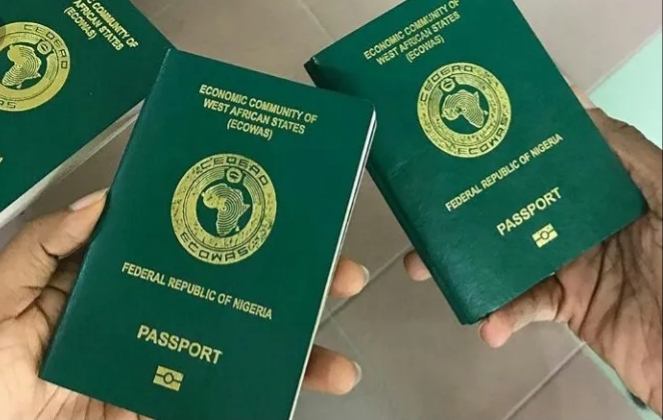U.S. immigration authorities have announced a new policy that will deny visas and permanent residency to individuals whose social media posts are deemed anti-Semitic under guidelines set by the Trump administration.
The new policy targets online content that supports groups labeled as terrorist organizations by the United States, such as Hamas, Hezbollah, and the Houthi movement in Yemen.
Any post expressing support for such groups could be used as grounds to reject a visa or green card application.
This development follows recent actions by the administration to revoke student visas within the U.S., despite the country’s constitutional protections on free speech under the First Amendment.
The policy reflects a shift in immigration enforcement, where digital behavior and online expression are being closely monitored.
Homeland Security Secretary Kristi Noem has emphasized a hardline stance.
According to department spokeswoman Tricia McLaughlin, “Anyone who thinks they can come to America and hide behind the First Amendment to advocate for anti-Semitic violence and terrorism — think again. You are not welcome here.”
Under the new rule, the U.S. Citizenship and Immigration Services will treat any social media content that promotes or supports anti-Semitic terrorism or related activities as a negative factor in immigration decisions.
This change affects both those seeking student visas and individuals applying for permanent residency.
Secretary of State Marco Rubio recently revealed that around 300 individuals have had their visas revoked, with more cases being reviewed daily.
He stressed that foreign nationals do not have the same legal protections as American citizens, and that the decision to issue or deny visas rests with his office, not the courts.
Some individuals who lost their visas have denied any anti-Semitic behavior, claiming they were targeted simply for attending protests or being present during demonstrations.
Among the most notable cases is Mahmoud Khalil, a permanent resident who led protests at Columbia University and is now facing deportation after being moved to Louisiana.
The administration has also cut federal funding from top U.S. universities, accusing them of failing to take firm action against anti-Semitic incidents during protests related to the Gaza conflict.


